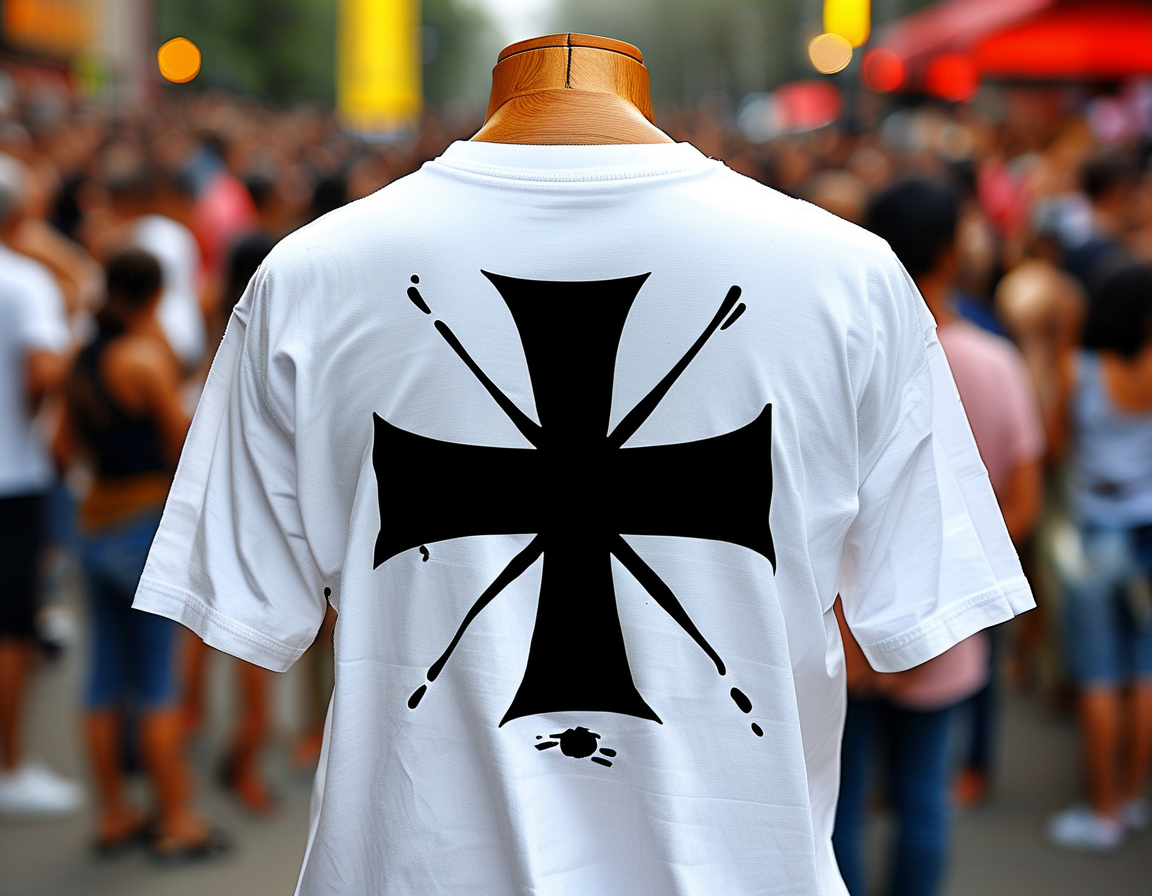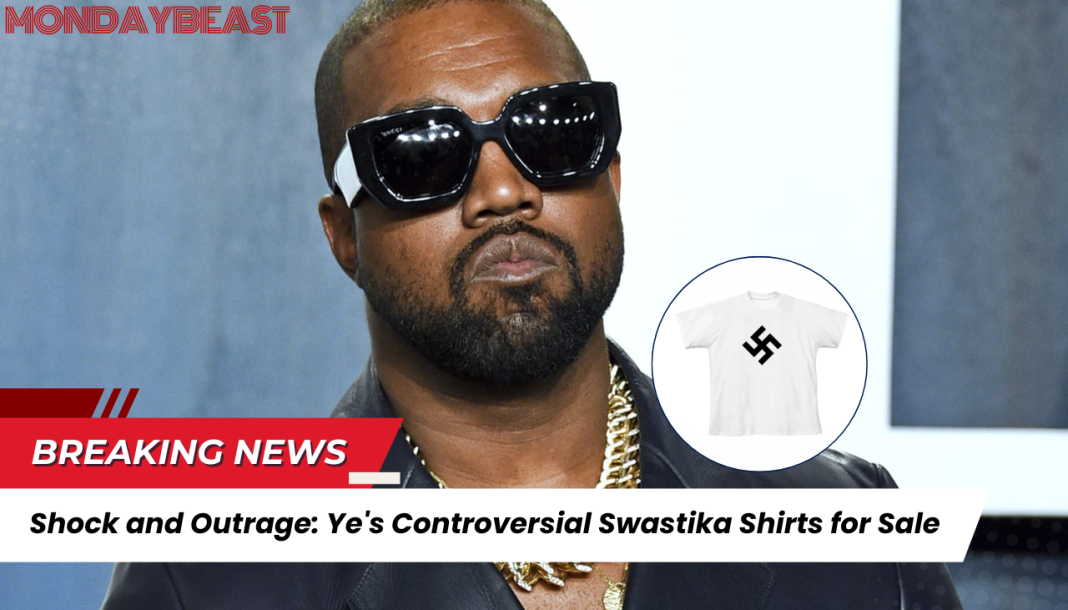Ye, the artist formerly known as Kanye West, is once again at the center of a media storm. His recent Super Bowl ad, which aired in a limited capacity, directed viewers to his website. On it, visitors found a white T-shirt adorned with a black swastika, a chilling symbol rooted in hate. The shirt appeared to be the only item available and was priced at $20 with no explanation on the site.

The Super Bowl ad featured Ye in a dentist’s chair, sharing a quip about his recent dental work. It didn’t mention the shirts, leaving many viewers in disbelief at the eventual reveal when they visited the website. One can’t help but wonder about the impact of allowing such messages to permeate popular culture. Is this a reflection of a deeper societal issue, or merely a publicity stunt that glorifies vile symbols?
The Anti-Defamation League immediately condemned the shirt, linking it to Ye’s problematic history. In their statement, they called it proof of his ongoing antisemitism. Surely, the timing and messaging seem more than coincidental. Many are now questioning—how far is too far when it comes to artistic expression?

Meanwhile, Ye’s presence on social media platforms has ebbed and flowed like a tide, often crashing into storms of criticism. His X account, previously boasting 33 million followers, was deactivated, likely due to a recent cycle of antisemitic tweets. It raises an important question: what responsibility do social media companies have in curbing hate speech?
Ye asserted that he would never sell merchandise featuring a swastika. He previously expressed concern over the potential harm to individuals who wear such symbols. Yet, here we are with shirts for sale, and it feels like a stark contradiction. How can an artist profess love for his fans while simultaneously promoting a symbol of hate?

In the wake of this controversy, it seems necessary to reflect on the role of art and commerce. Can art be divorced from the messages it carries? Does the commercial element dilute the seriousness of its content? There lies an uneasy tension between freedom of expression and the ethical responsibilities of creators in today’s complex landscape.
This incident serves as a reminder of the fine line artists walk between self-expression and social responsibility. As consumers, we must be vigilant and aware of the implications behind the products we buy. Are we unintentionally endorsing harmful ideologies by supporting certain creators? As discussions about this continue raging across social media, one can’t help but feel a wave of unease wash over the conversation.
Ultimately, this situation raises more questions than answers. Is it time for the industry to take a firmer stand against hate? What are the limits of artistic expression, and who decides where those limits lie? It’s an important dialogue that we, as a society, must engage in earnestly. As we navigate this tumultuous cultural landscape, perhaps we should ask ourselves what we truly stand for.




